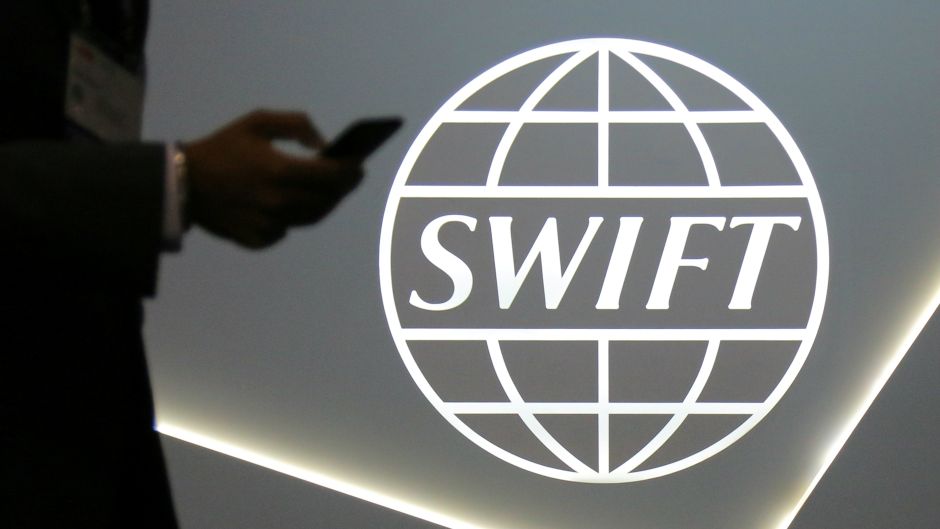
Swift is pretty much the opposite of a hip, fintech company: The banking cooperative’s services went live some 40 years ago and are part of the global payment system that some crypto entrepreneurs and investors are seeking to disrupt. A looming rival is Ripple, which has signed up more than 100 members and is testing its blockchain-inspired technology with financial institutions around the world.
As the competition grows, last year Swift launched what it says is its biggest overhaul in decades: Its global payments innovation (gpi) for banks’ corporate clients is faster than its existing system and includes delivery-style (think Deliveroo or FedEx) tracking features. The Belgium-based group says $100 billion in payments using gpi are sent each day, and more than 150 financial firms have adopted the cloud-computing upgrade.
There’s debate about whether blockchain will live up to the hype. Still, nobody seems to question that the existing system is due for an overhaul. Swift says on its website that corporate treasurers making cross-border payments don’t know how long it will take, how much the transfer may cost, or when the payment has been made. Swift doesn’t hold money, but its payment-messaging network is used by more than 11,000 financial firms to send funds.
Ripple, meanwhile, has been signing up members and testing its blockchain systems with institutions around the world. The San Francisco-based company is a major holder of XRP, a crypto token that has soared in value. While some investors are betting that banks will use XRP to move money, making the token more valuable, XRP isn’t necessary to use some of Ripple’s systems. RippleNet, which is similar to Swift, has more than 100 companies on its network and also lets users trace funds. The company says Swedish bank SEB sent $920 million via RippleNet from Sweden to the US.
“Ripple isn’t focused on putting bandaids on the current payments infrastructure,” according to a Ripple spokesperson. The company says its technology interoperates across ledgers and networks.
MoneyGram, a money-transfer company, is among four companies that are testing Ripple as well as XRP for payments. Western Union is also trying out the blockchain firm’s technology, though the company’s executives said earlier this month at a Goldman Sachs conference that they haven’t yet found a “silver bullet.”
Given the mania that surrounds crypto, sometimes it almost seems like incumbents like Swift, which, to be fair, is exploring blockchain technology, are the underdogs. It’s the other way around of course—Swift is used in more than 200 countries, and the company says its upgrade is already being used in nearly 10% of its cross-border payments traffic. Disruption, if it ever occurs, won’t be instant, as legacy firms learn new tricks. As for Ripple CEO Brad Garlinghouse, the executive said in a Bloomberg Television interview that he’s looking to measure success in three to five years, not within months.
